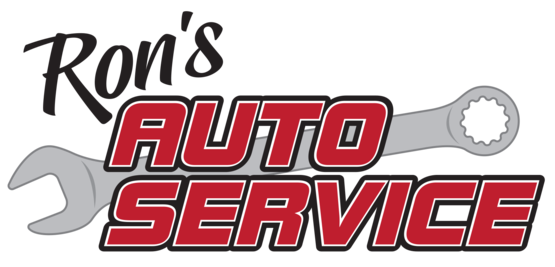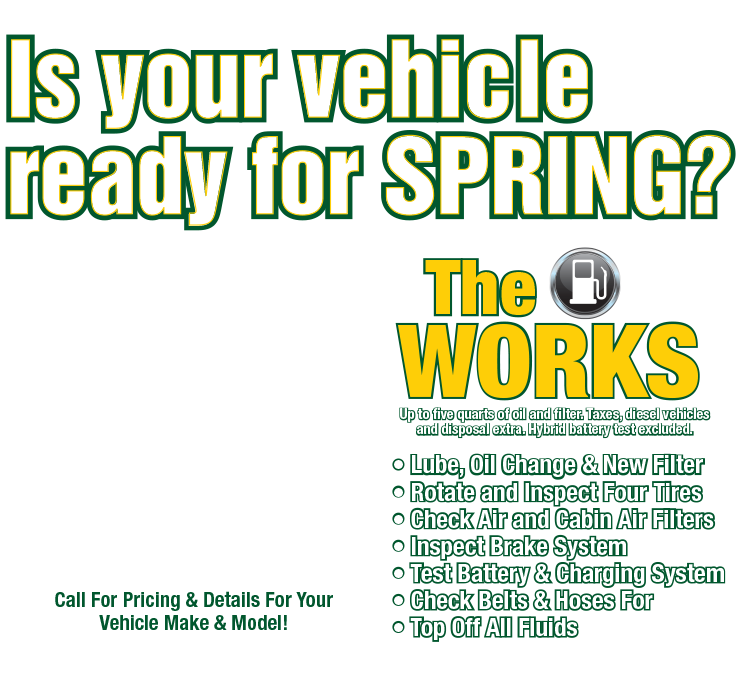Put the Brakes On! (Brake Caliper Replacement)
February 2, 2025
Keeping your vehicle's brakes in top shape is one of the most important things you can do for your safety and those on the road with you. Most drivers know a little about brake pads and rotors but maybe not so much about another brake component called the calipers.
Disc brakes work by a mechanical system that presses your brake pads against discs called rotors (you can usually see these discs through your wheels). The friction stops your vehicle smoothly when everything is working the way it should. The calipers use the hydraulic pressure of the brake fluid to apply the stopping power.
After they've been on your vehicle for a while, the calipers can get stuck or wear out. If calipers on one side of the vehicle work correctly and not on the other, you might feel a pull in one direction. You might feel the same kind of pull if the caliper is stuck and is applying constant pressure. You might hear scraping or squealing coming from a stuck caliper and you might smell burning on that side. The friction from a caliper that's always applying pressure may cause that wheel to heat up, so after you've pulled your vehicle off the road safely, the wheel with the stuck caliper will might feel hotter than the others
Because there are many different components to the brakes, it's best to leave the diagnosis and repair to a trained technician. They will run each wheel through a series of tests and inspections that can pinpoint the problem. Sometimes it involves more components than just the caliper that may need changing at the same time.
The best way to make sure your brakes will perform well is to is to have our service center perform regular inspections and follow the vehicle manufacturer's recommended service. That way your brakes will be ready, willing and able when you call on them to put a stop to things.
Ron's Auto Service
1517 SE 25th Ln
Cape Coral, FL 33904
2398290873
Need Service?
More articles from Ron's Auto Service

Passing the Test (How to Prevent Emissions Test Failure)
April 20, 2025
Vehicle emission testing has become ubiquitous in North America and for a good reason. Clean air quality is important for the environment and all of us. Since vehicle emissions are among the main causes of air pollution, emission testing can alert you to problems in your vehicle than can be fix... More

Rubber Match (Tire Replacement)
April 13, 2025
A set of new tires isn't probably high on anyone's list of exciting purchases. But since your life is literally riding on them, it's probably a good idea to know when it's time for you to buy new ones. If you've been feeling your vehicle slipping more in wet weather or it takes a longer distance... More

What is a TPS? (Throttle Position Sensor)
April 6, 2025
You know you have an accelerator pedal; step on it and your vehicle is supposed to go. But did you know there is a part in your vehicle that keeps track of where the throttle is? It's called the Throttle Position Sensor, or TPS. The TPS is a sensor that helps your vehicle figure out the right mi... More









